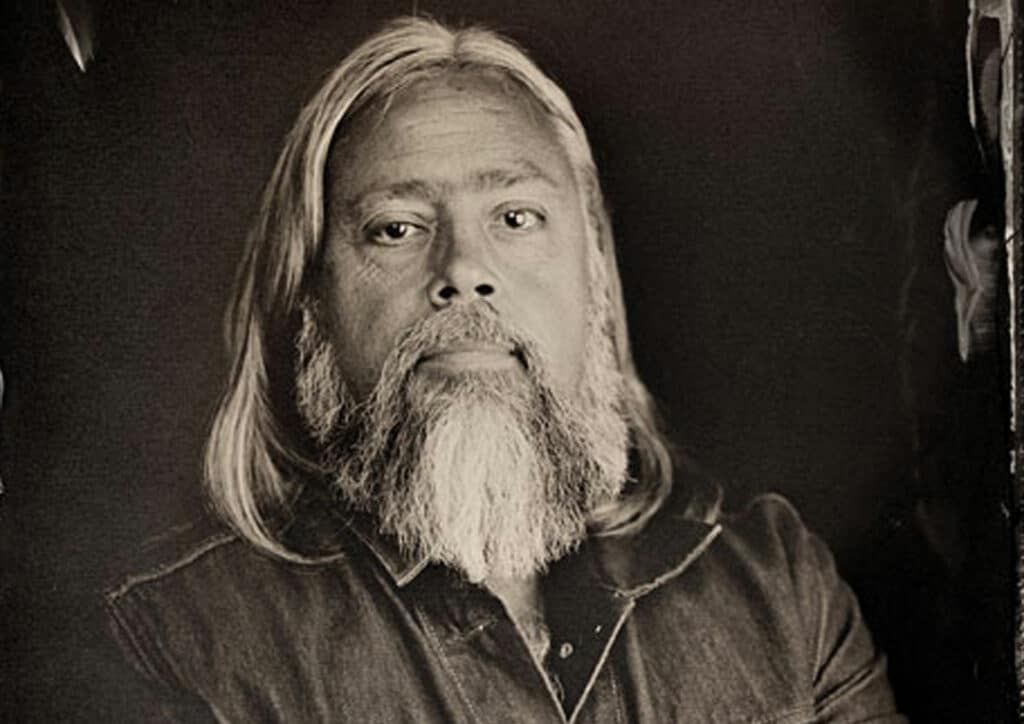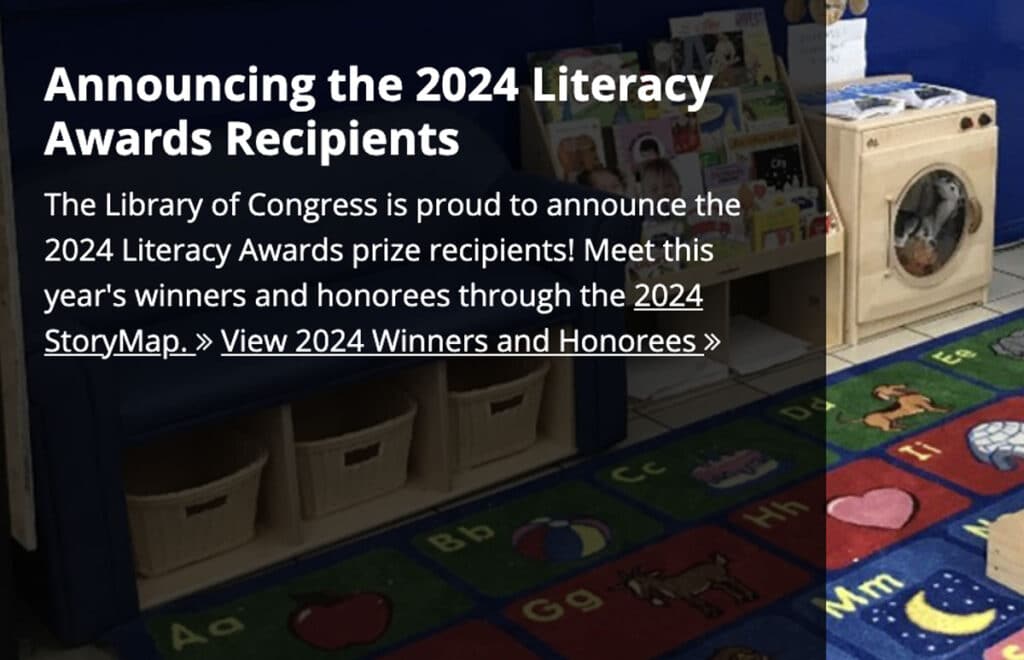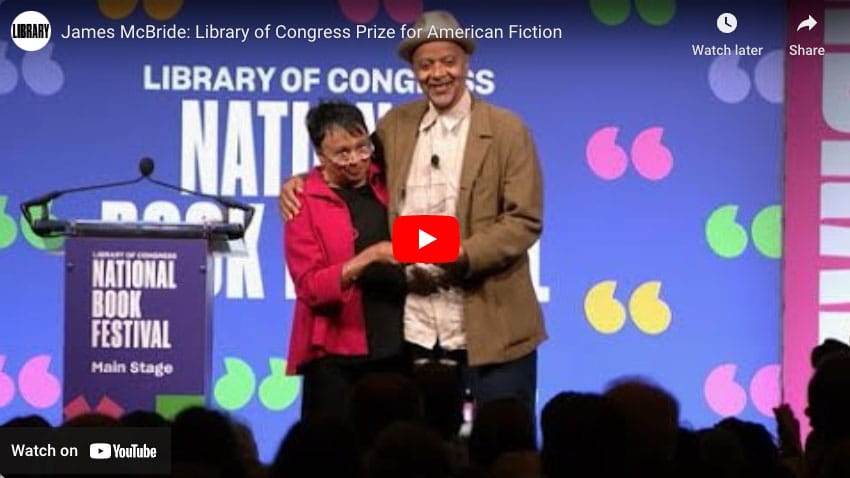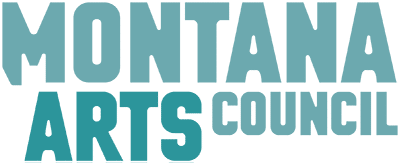Montana Center for the Book
The Montana Center for the Book is a program of Humanities Montana and the state affiliate of the Center for the Book in the Library of Congress, a community of 56 Affiliated Centers, promoting reading, libraries and literacy across the country.
There is an Affiliate Center for the Book in each of the 50 states, the District of Columbia, Puerto Rico, the U.S. Virgin Islands, Guam, American Samoa and Northern Marianas.
The mission of the Montana Center for the Book is to elevate and promote Montana’s unique literary heritage – and to engage, inspire, and inform audiences through author talks, virtual programming and other events designed to advance appreciation of the written word. The Montana Center for the Book plays a role in the annual Library of Congress National Book Festival by naming an adult and a youth selection to the Great Reads from Great Places program. Humanities Montana staff and authors attend the festival to promote Montana’s literary heritage to thousands of festivalgoers. In addition, they help to promote the activities and initiatives of the Library of Congress, the Center for Learning, Literacy and Engagement, as well as those of the other Affiliated Centers for the Book.
Montana Center for the Book Promotes:
Montana Literary Programming We Offer:

National Literary Opportunities
Library of Congress opportunities and news. View the Library of Congress’s Strategic Plan.






